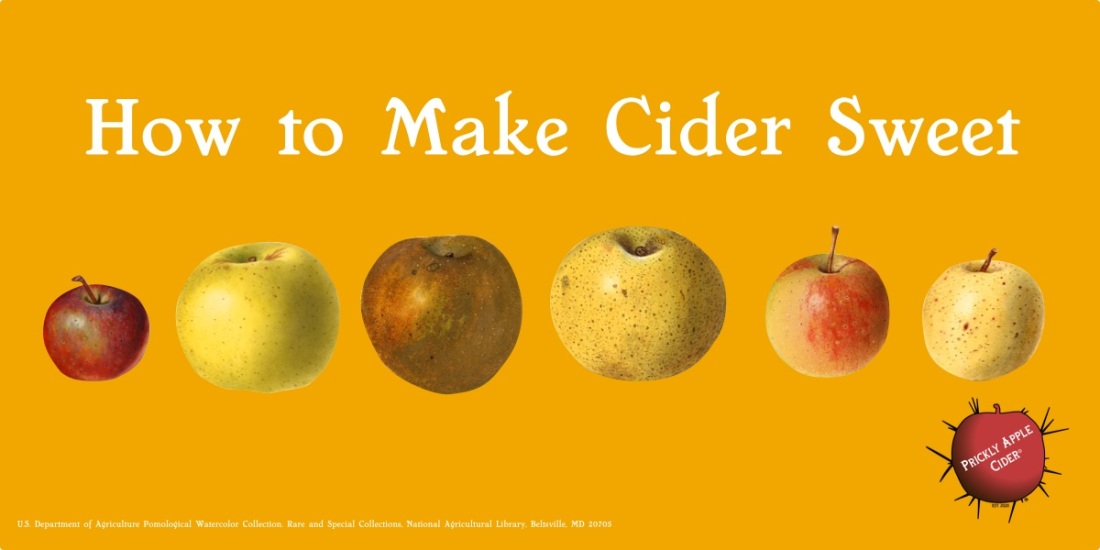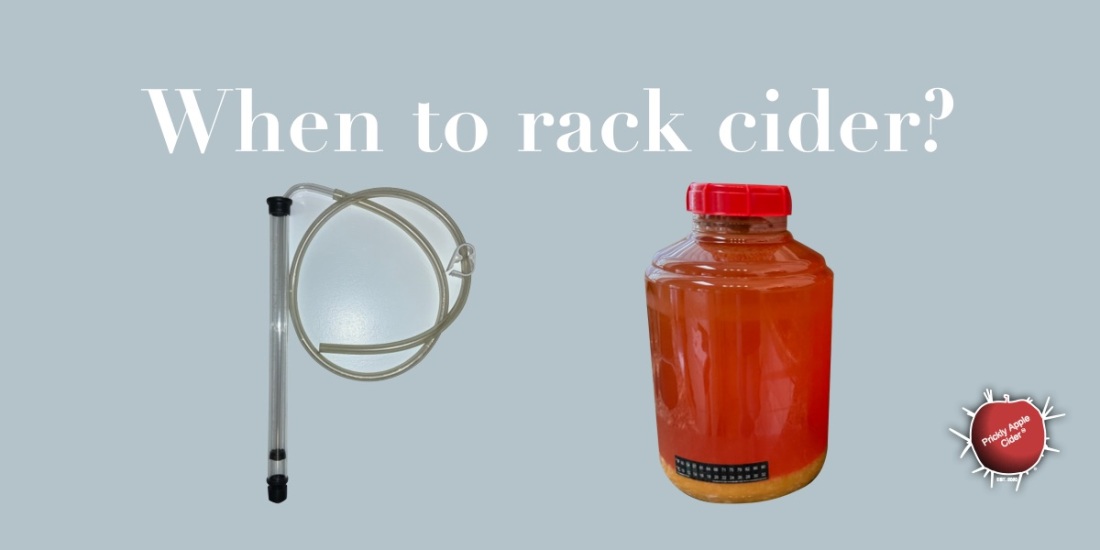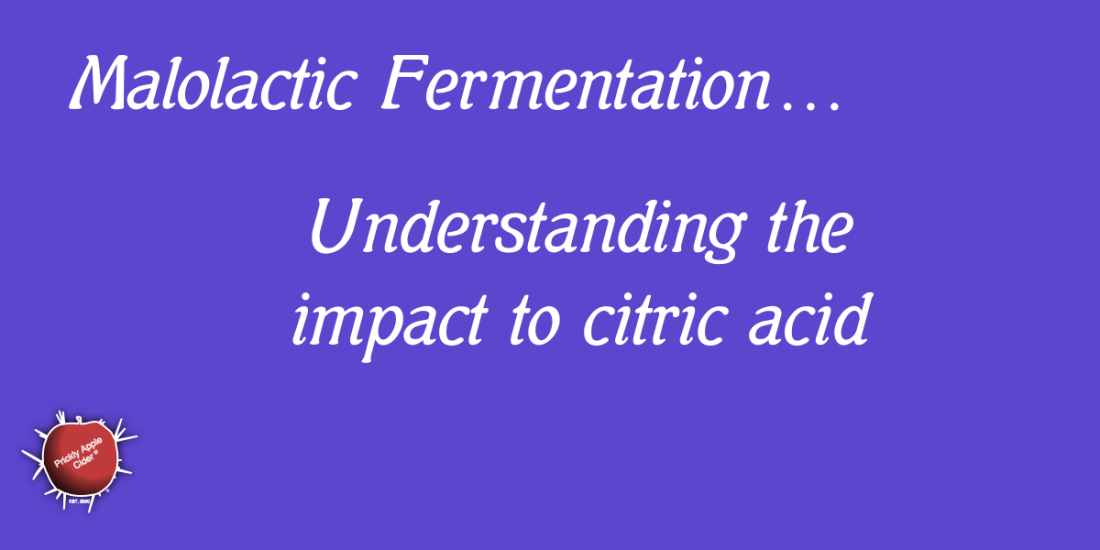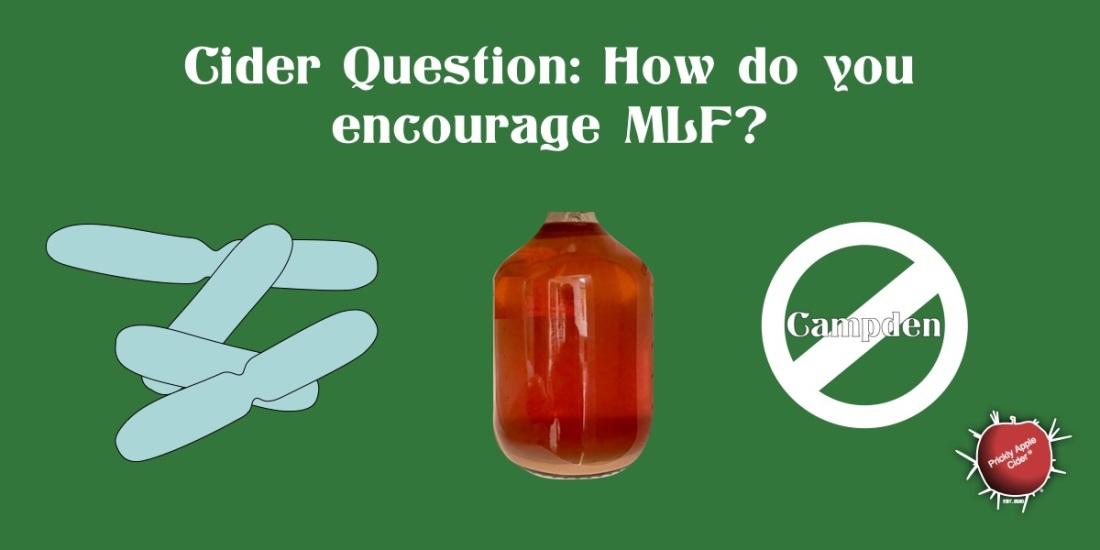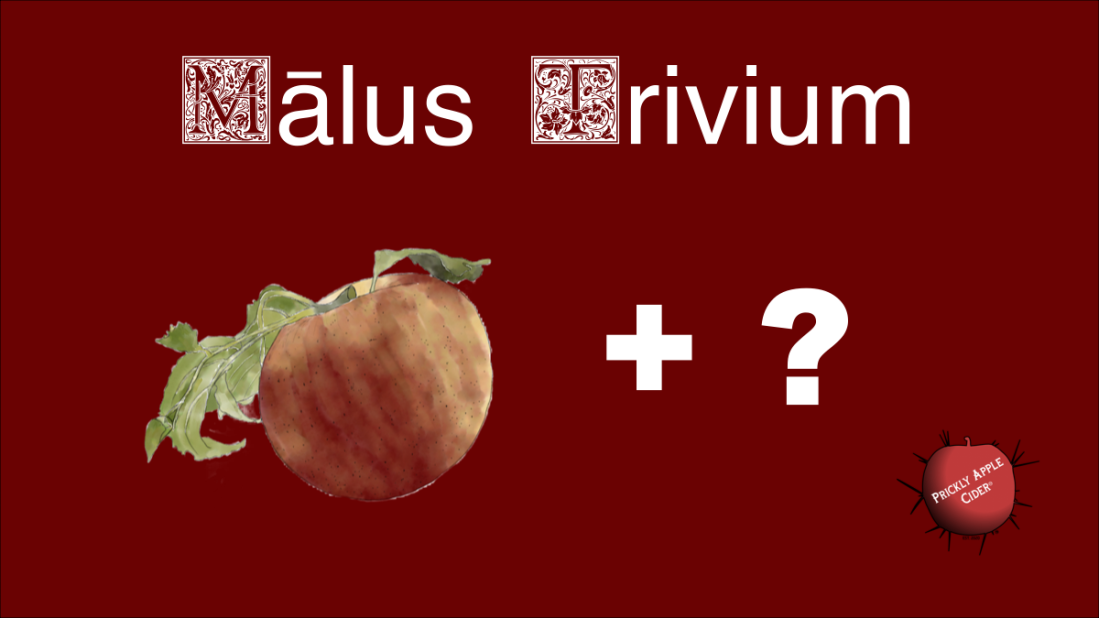Spoiler Alert: If you haven’t taken Cider Quiz #1, click here to take it before exploring the answers. Question #10, the final question in the quiz, is at the root of both challenges and opportunities for the cider maker as it explores the difference between hard cider and wine. You will find various articles about the uniqueness … Continue reading Cider Quiz Answers: Question #10
Tag: MLF
Cider Quiz Answers: Question #9
Spoiler Alert: If you haven’t taken Cider Quiz #1, click here to take it before exploring the answers. Question #9 explores the process of maceration, where pomace is left to sit for a time before pressing. As you might expect, you can find more details about maceration and apple peels in the articles at the bottom of … Continue reading Cider Quiz Answers: Question #9
Cider Quiz Answers: Question #8
Spoiler Alert: If you haven’t taken Cider Quiz #1, click here to take it before exploring the answers. Question #8 explores malolactic fermentation (MLF). You will find various related articles, including one specifically focused on this questions at the bottom of this page. Question #8: How do you encourage malolactic fermentation (MLF) in your cider? Malolactic Fermentation (MLF) … Continue reading Cider Quiz Answers: Question #8
Cider Quiz Answers: Question #4
Spoiler Alert: If you haven’t taken Cider Quiz #1, click here to take it before exploring the answers. You can also find related articles about sulfites (Campden) and what they do and don't do in the list of articles at the bottom of this post. If you can get a copy, I encourage you to read … Continue reading Cider Quiz Answers: Question #4
Cider Question: How to make sweet hard cider?
Cider or what some call hard cider is normally dry, which means it has little to no sugar remaining. This is because apple juice has about half the sugar that grape juice has and is often made with yeast (Saccharomyces cerevisiae) used for wine. The result is that when fermentation completes, you are likely to … Continue reading Cider Question: How to make sweet hard cider?
Cider Question: When should I rack my cider?
Racking your hard cider simply means to siphon off the cider leaving the bottom layer of sediment behind. To answer the question of when you should rack your cider, I first need to review the definition of sediment and lees. Apple juice contains a variety of organisms and compounds. Many of these precipitate or drop … Continue reading Cider Question: When should I rack my cider?
Malolactic Fermentation and Citric Acid
Malolactic Fermentation or what is often referred to simply as MLF, is the process where lactic acid bacteria converts malic acid to lactic acid. For cider makers, MLF can be a very important process because apples are high in malic acid. As a result, MLF can reduce the acidity found in hard cider made from … Continue reading Malolactic Fermentation and Citric Acid
Cider Question: How can I encourage Malolactic Fermentation (MLF)?
Malolactic fermentation (MLF) is a process that usually occurs after primary or alcoholic fermentation completes. Fundamentally, it’s the conversion of malic acid to lactic acid. Malic acid is more acidic compared to lactic acid so MLF reduces the acidity of your cider. Other reactions that impact aroma also occur. Diacetyl creation is one of the … Continue reading Cider Question: How can I encourage Malolactic Fermentation (MLF)?
Cider Words: Maturation
Maturation: The time needed to make a cider ready to drink. Maturation is defined as the time it takes cider or wine to become ready to drink. I like to broaden that definition to mean the time a cider is stored without preservatives after primary fermentation finishes. I also often call this aging. You can … Continue reading Cider Words: Maturation
The Headspace Conundrum
Headspace is the amount of air or open space you have in your container above the liquid. A common question when making cider is how much headspace should you have in your fermenter for primary fermentation? The next question is usually how much you should have when aging your hard cider. There are several considerations … Continue reading The Headspace Conundrum

